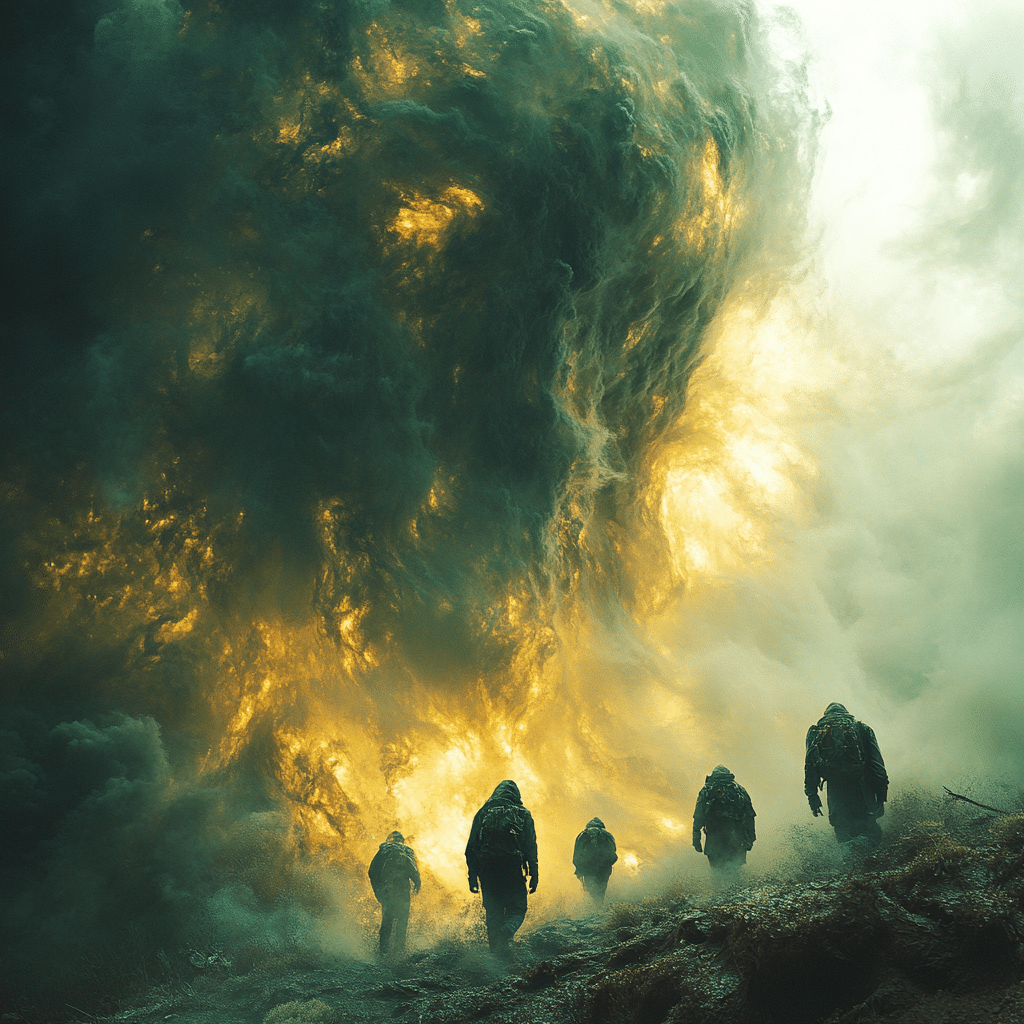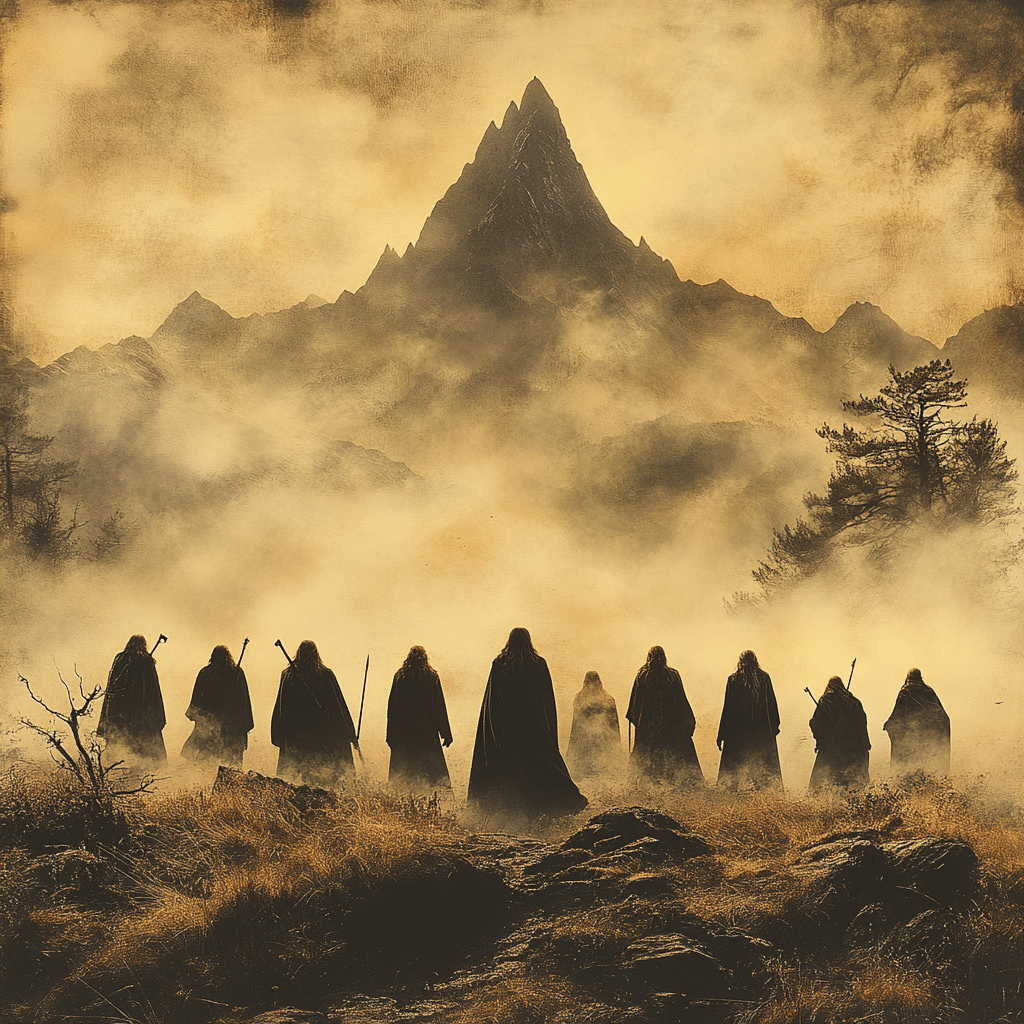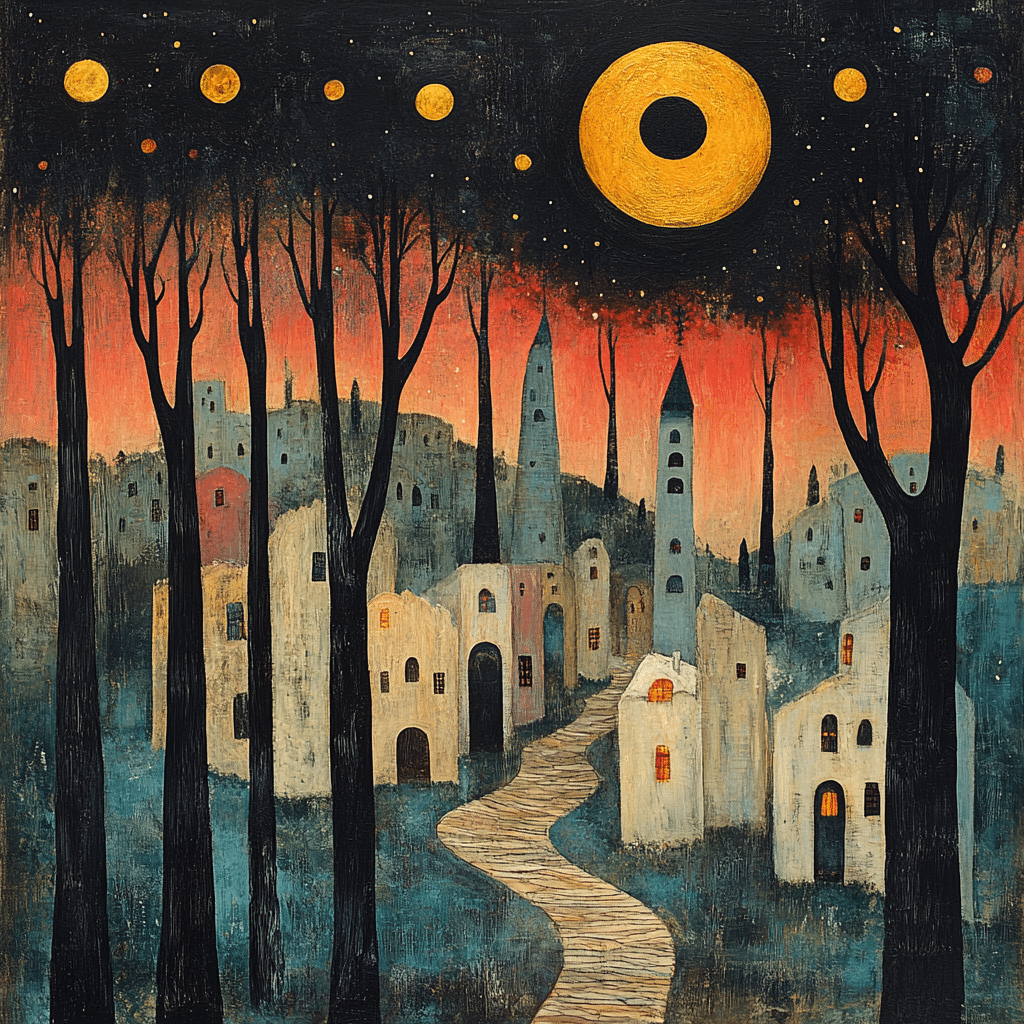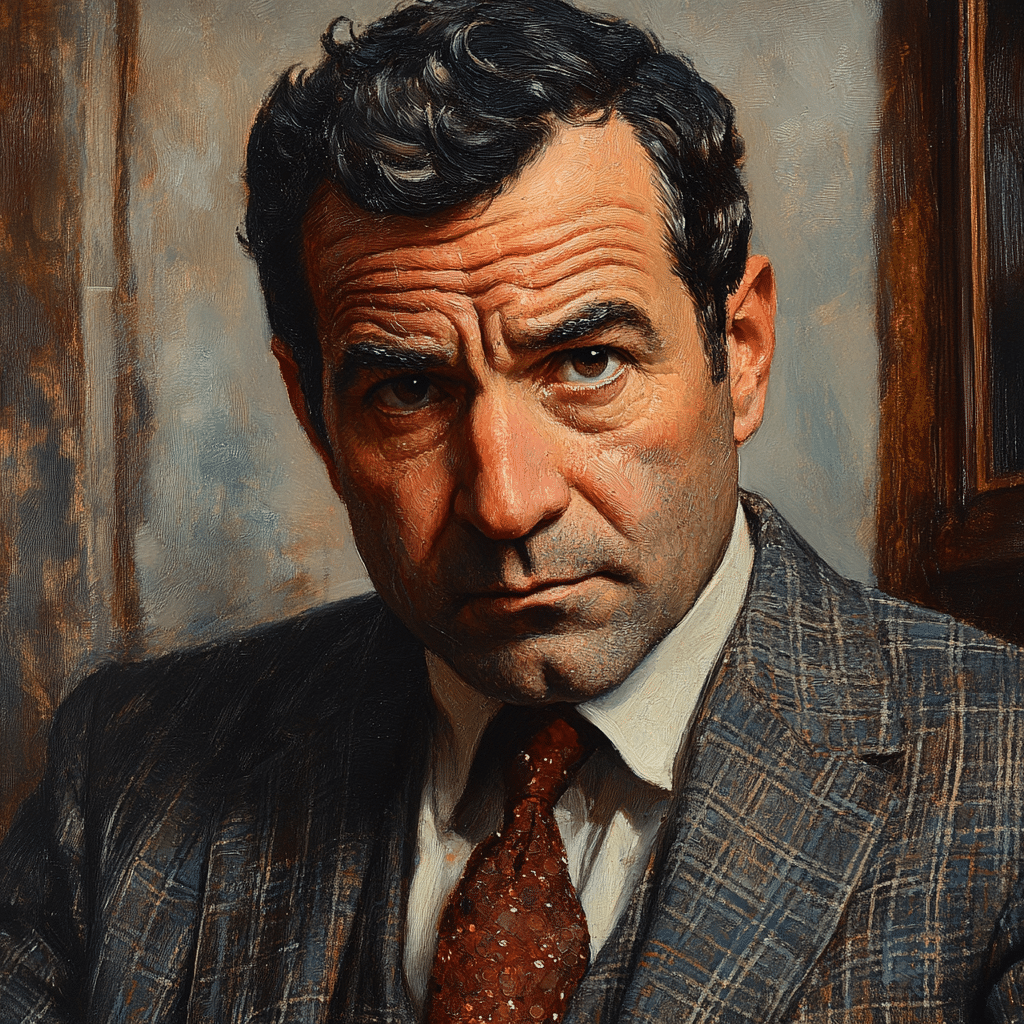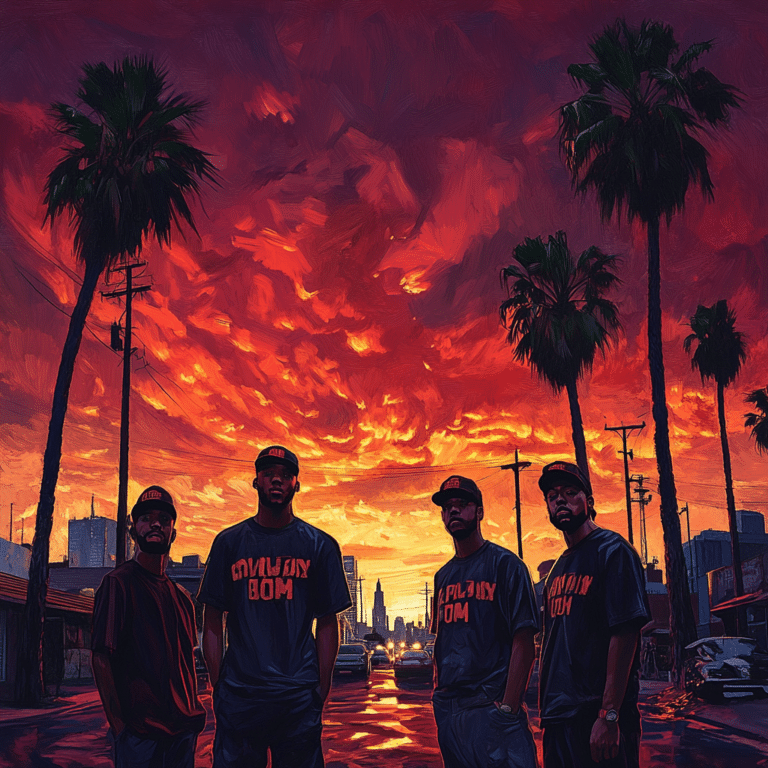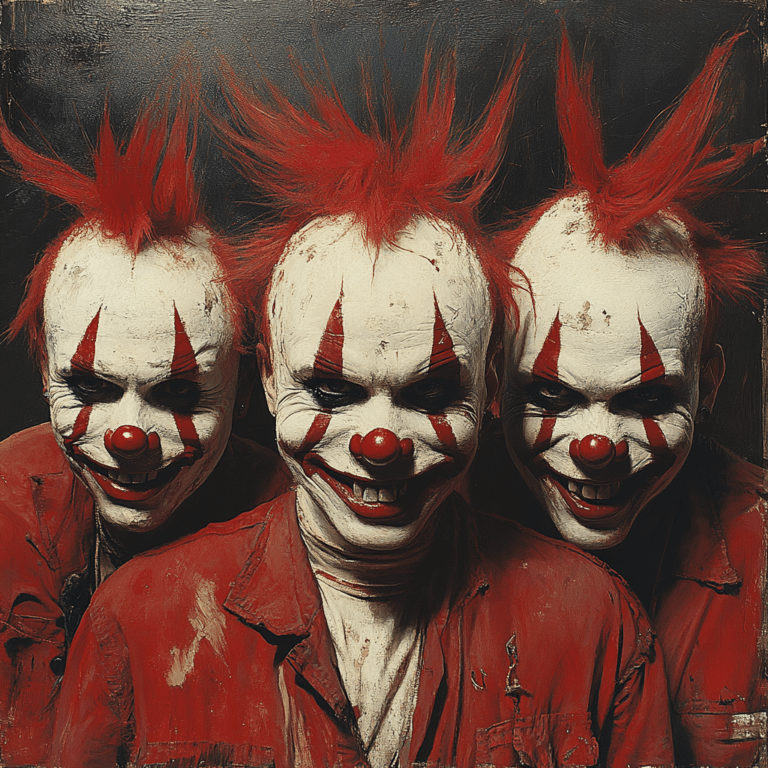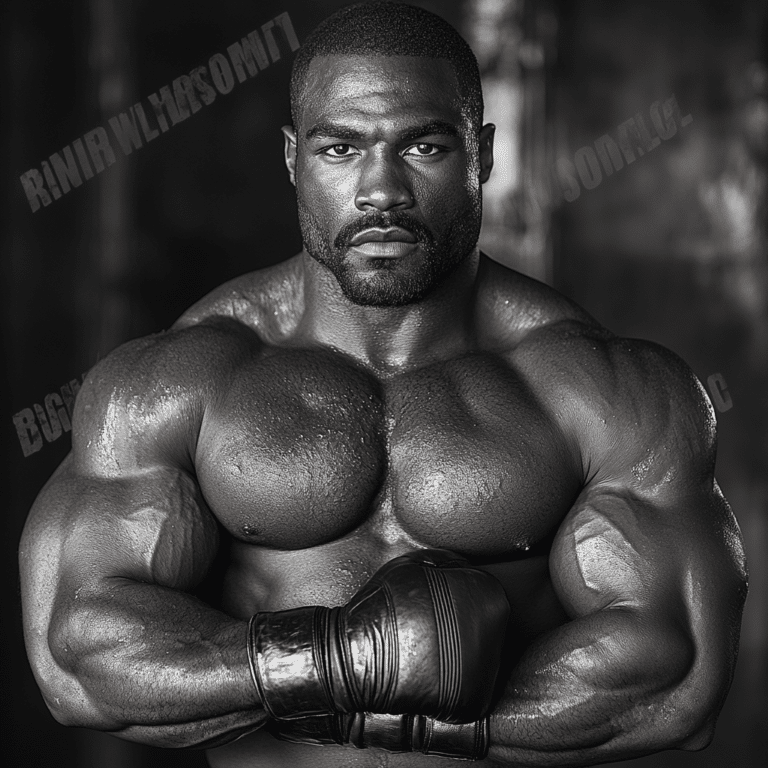When you think of legendary broadcasters, there’s one name that howls louder than the rest: Wolfman Jack. Born Robert Weston Smith in 1938, this rock-and-roll disk jockey brought a ravenous energy to the radio waves in the 1960s and 1970s. With every booming word, every outlandish howl, Wolfman Jack didn’t just spin records; he created a cultural phenomenon. His midnight broadcasts didn’t just engage audiences; they transformed the very essence of radio, hooking teens and adults alike with a mix of rhythm and blues, lively banter, and that unmistakable raspy voice. So grab your favorite headphones! We’re diving deep into the wild world of Wolfman Jack and exploring how he captivated fans across America.
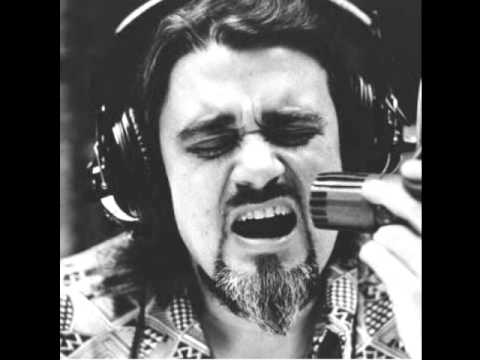
The Rise of Wolfman Jack: A Radio Revolutionary
Let’s roll back to the 1960s. America was changing, and so was the broadcasting landscape. Enter Wolfman Jack, a self-made radio revolutionary who shook things up with a style that was raw and exciting. Back in those days, many DJs would just stick to a playlist and call it a night, but Wolfman Jack? Nah, he had other ideas. His shows were a free-for-all of storytelling, howling, and tons of interaction with callers. It felt less like a show and more like a backyard BBQ where everyone was invited. Listeners didn’t just tune in; they were part of something bigger.
And boy, did he know his music! With a flair for rhythm and blues, Wolfman Jack promoted the hottest sounds of the day, turning obscure tracks into chart-toppers. Teens itching for a new sound found their savior in Wolfman Jack, whose electrifying disposition breathed life into the airwaves. His broadcasts became must-tune-in events where listeners would huddle around their radios, exchanging stories about the latest hits or catching up on community gossip. Suddenly, the radio wasn’t just a source of music; it turned into a lifeline connecting people amidst the chaotic cultural tides of the time.
But what really set Wolfman Jack apart was his knack for empathy. He effortlessly tapped into the rebellious spirit of youth, making him a genuine voice for those feeling a bit lost in the shuffle. As the country dealt with civil rights movements and societal upheaval, his shows became a sanctuary where the themes of freedom, rebellion, and identity were boldly celebrated. Listeners tuned in not just for the tunes, but for a shared sense of understanding and community that Wolfman Jack cultivated so well.

Top 7 Reasons Wolfman Jack Became a Cultural Icon
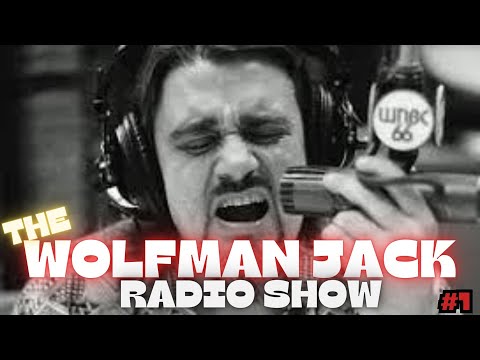
The Global Impact of Wolfman Jack’s Legacy
Wolfman Jack didn’t just stick to American airwaves; his influence echoed worldwide, showcasing the power of radio as a global connector. His captivating broadcasts filtered through to countries like the UK, where American rock and roll found a fervent following. His energetic sound and promotional efforts didn’t just shape audiences – they arguably inspired iconic bands like The Beatles and The Rolling Stones, whose early music was heavily infused with the genres Wolfman Jack championed.
Can you imagine British teens grooving to the sounds of American rock, all thanks to this American DJ? It’s like a cultural exchange program but with records instead of passports! The way he bridged music styles galvanized the youth and changed the very fabric of rock, reaching international shores.

The Resurgence of Wolfman Jack in Contemporary Media
Fast forward to today, and it seems the world has flipped the nostalgia switch to high. There’s a growing wave of interest in media icons of yesteryear, and guess who’s back in the spotlight? Yes, you got it – Wolfman Jack! Podcasts and YouTube channels are diving headfirst into his legacy, showcasing how his energy is still alive and well even decades later.
Documentaries and special radio broadcasts that celebrate Wolfman Jack highlight not just his music but the entire cultural tapestry of the era he represented. His charisma, spontaneity, and innovative approach are being re-explored, and in doing so, they remind us of the unfiltered joy of radio – a feeling that many modern platforms strive to recapture today.

Reflections on Wolfman Jack’s Enduring Influence
To say Wolfman Jack left an indelible mark on radio would be an understatement. He personified creativity, audience engagement, and cultural interchange, qualities that resonate as strongly now as they did back in the ’70s. When you cut through the noise of today’s digital world, the foundational principles he pioneered feel more significant than ever.
Today’s DJs may wear headphones instead of howling into microphones, but the spirit of Wolfman Jack lives on. He taught us that broadcasting isn’t just about music; it’s about building a connection, forming a community that bridges gaps and transcends generations. Even as we navigate through an overwhelming array of media options, there’s a lesson to be found in Wolfman Jack’s era: authentic storytelling and heartfelt engagement can create the most profound impact.
So, as you settle into your next radio session or dive into the vast ocean of streaming sounds, remember Wolfman Jack. His journey is a testament to the magic of connection that music brings to our lives – a legacy that continues to resonate, howl, and, of course, groove on.
Wolfman Jack: The Iconic Radio Legend Who Captivated Fans
The Voice That Roared
Wolfman Jack, born Robert Weston Smith, wasn’t just any radio DJ; he was a larger-than-life character who brought the magic of music to the airwaves. Known for his deep, gravelly voice and playful antics, Wolfman Jack became a household name, captivating fans throughout the 1960s and 1970s. He hosted the popular late-night show “The Midnight Special,” where he showcased musical legends and spotlighted newcomers, building a bridge between artists and their fans, which eventually led to a surge in interest in rock ‘n’ roll. Trivia alert: did you know that Wolfman Jack’s wild persona was inspired by the character he created for the radio show? His outrageous antics and unique persona have lived on, echoing in today’s digital content culture.
Beyond Radio Waves
But it was Wolfman Jack’s influence that extended far beyond just spinning records. He appeared in movies like “American Graffiti,” where his iconic voice helped set the tone for the nostalgic road trip. Interestingly, many people today still look for resources like anger management near me inspired by his narrative of personal resilience. His larger-than-life character resonated with listeners, and this connection sparked significant cultural conversations during a revolutionary time in music history. He’s even credited with popularizing the use of radio as a platform for celebrity interviews—which we can see echoing in today’s podcasts!
A Lasting Legacy
Even beyond his death in 1995, Wolfman Jack remains a cultural icon, inspiring upcoming artists and radio personalities. His expansive knowledge of music led to many legendary collaborations. Plus, as the radio landscape has transformed, aspiring DJs can learn from Wolfman Jack’s distinctive branding approach. Think about it: if you want to evoke that same level of engagement today, you might need to consider how platforms such as social media shape our experiences. Fans might want to know why do these dynamics matter, and it ties back to connecting on a personal level—something Wolfman Jack excelled at.
Now, here’s a fun fact to chew on: while most people think of him as a rock DJ, he was actually a big proponent of music variety, promoting everything from blues to country. Imagine him encouraging the new generation to branch out while they discuss the latest current mortgage rates 30-year fixed—not( a likely pairing, but you can see how he loved to break the mold! So, whether it’s the sun-soaked vibes of Las Vegas november weather or the excitement of a World Series game 2, Wolfman Jack’s spirit continues to thrive, reminding us all of the power of music and connection.

What caused Wolfman Jack’s death?
Wolfman Jack died from a heart attack at his home in Belvidere, N.C. on July 1, 1995. He was 57 years old.
Can you still listen to Wolfman Jack?
You can still listen to Wolfman Jack! His original radio shows have been digitally remastered and are available through Wolfman Jack Licensing, plus there are Classic Hits and Classic Rock shows produced by Kroeger Media.
What station was Wolfman Jack on in the 70s?
In the 70s, Wolfman Jack was a prominent voice on WNBC/New York, where he gained a huge following and made a significant impact on radio.
How did Wolfman Jack get his name?
Wolfman Jack got his name from a trend where disc jockeys chose catchy nicknames. He loved horror movies, so he went with “Wolfman” to reflect that interest.
What was the cause of Jack’s death?
The cause of Jack’s death was a heart attack, as reported by his daughter after he passed away on July 1, 1995.
What did Wolfman Jack used to say?
Wolfman Jack had a signature saying, “Keep on rockin’!” This phrase embodied his energetic style and connection with fans.
Was Wolfman Jack’s voice real?
Yes, Wolfman Jack’s voice was unique and distinctive, characterized by his raspy tone and enthusiastic delivery that made him a beloved radio personality.
Did Wolfman Jack have a son?
Wolfman Jack had a daughter named Joy Renee Smith, but there’s no record of him having a son.
Where is Wolfman Jack’s grave?
Wolfman Jack’s grave can be found in Belvidere, North Carolina, where he spent his final years.
Is Wolfman Jack still on the air?
While Wolfman Jack has passed away, his shows and legacy continue to live on through digital broadcasts, keeping his spirit and voice alive in the airwaves.
Who were the famous radio DJs in the 70s?
In the 70s, many famous radio DJs emerged, including the likes of Casey Kasem, who was well-known for his American Top 40 countdown, and other legendary figures who helped shape the radio landscape.
What band was Wolfman Jack in?
Wolfman Jack was in a band early on called The Checkmates, which played in his hometown during his youth before he became an iconic radio figure.
How old is Wolfman Jack today?
Wolfman Jack would be 85 years old today if he were still alive, having been born on January 21, 1938.
What happened with Wolfman Jack?
Wolfman Jack became a cultural icon, known for his distinctive voice and presence in entertainment, leaving a lasting mark on radio and television before his passing.
Was Wolfman Jack pirate radio?
Yes, Wolfman Jack was associated with pirate radio in his early career, which was a popular underground movement broadcasting without FCC licenses before becoming a mainstream sensation.





